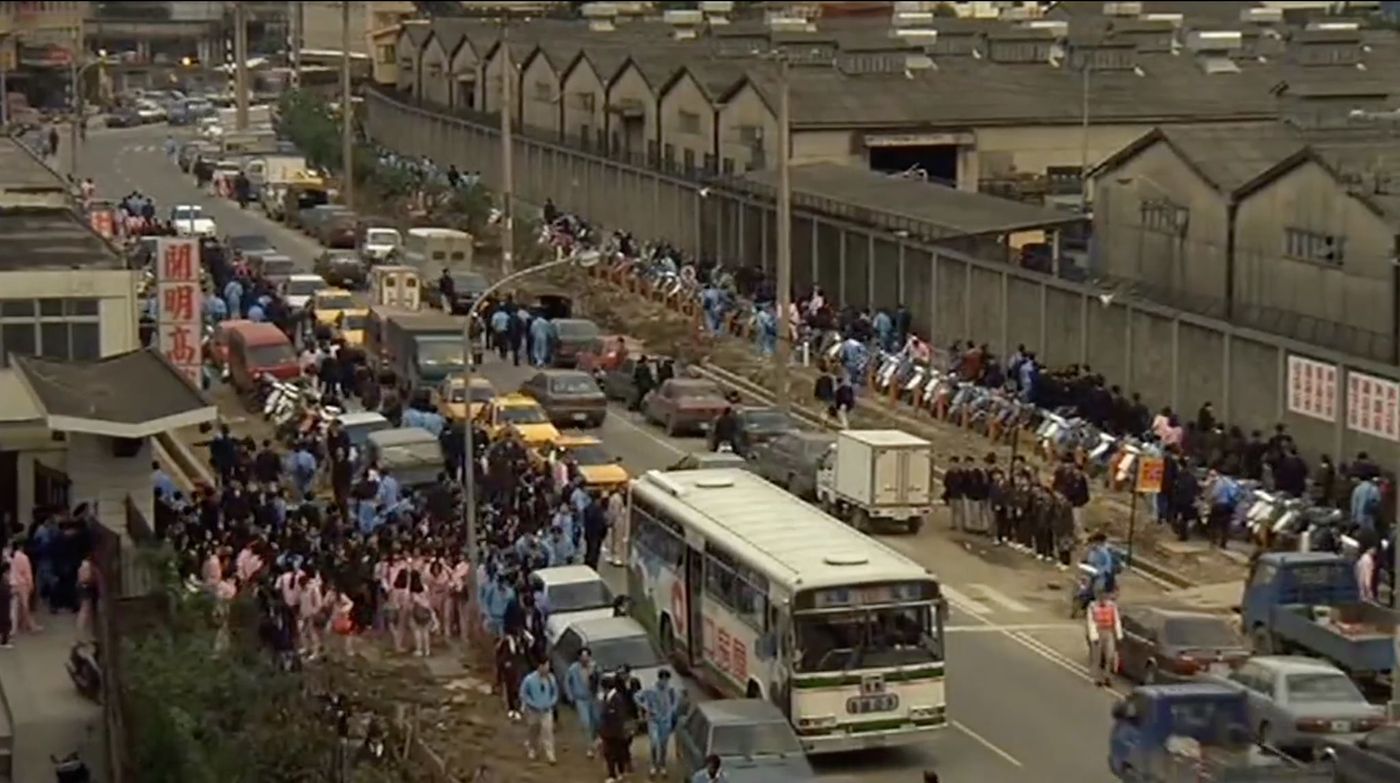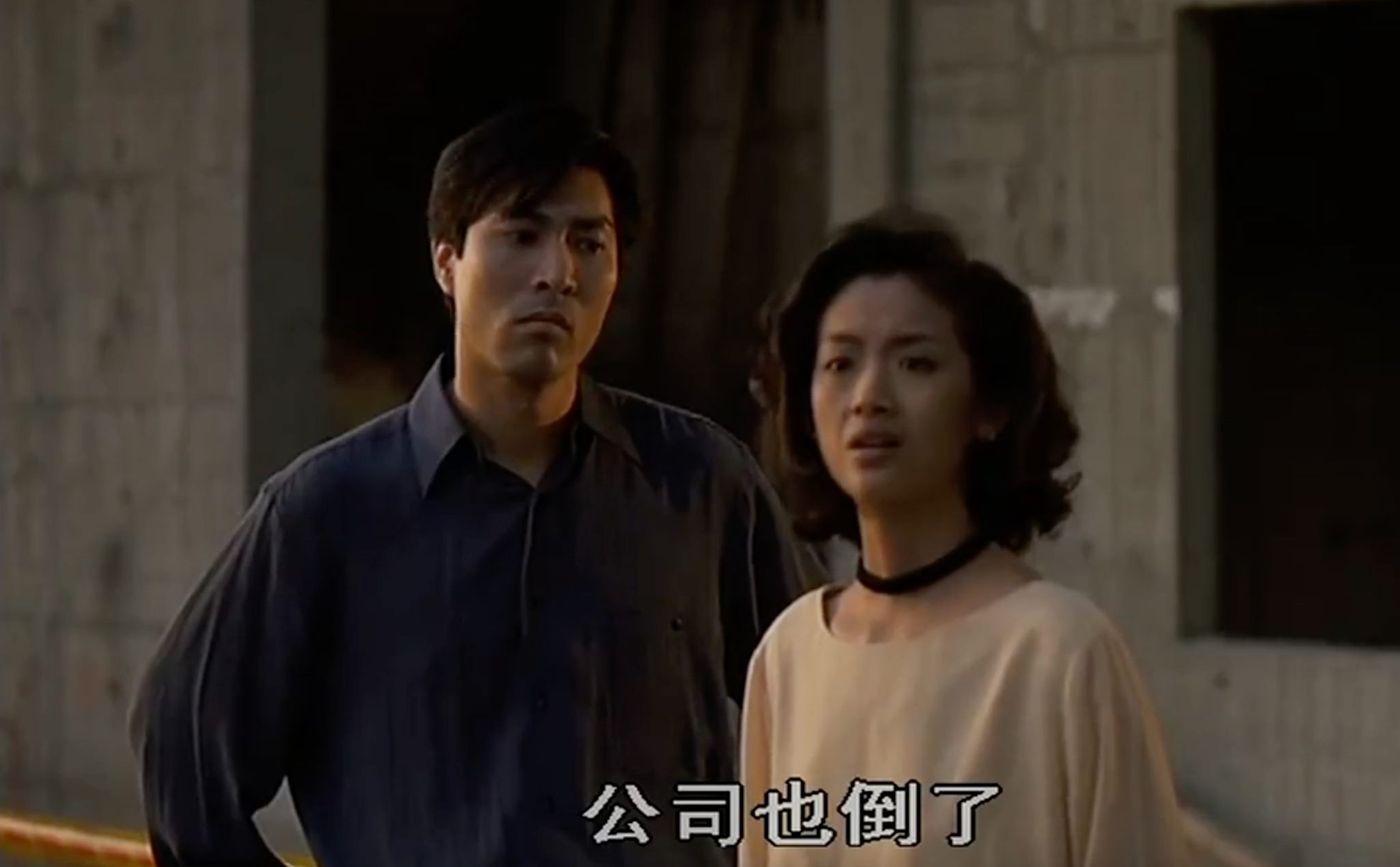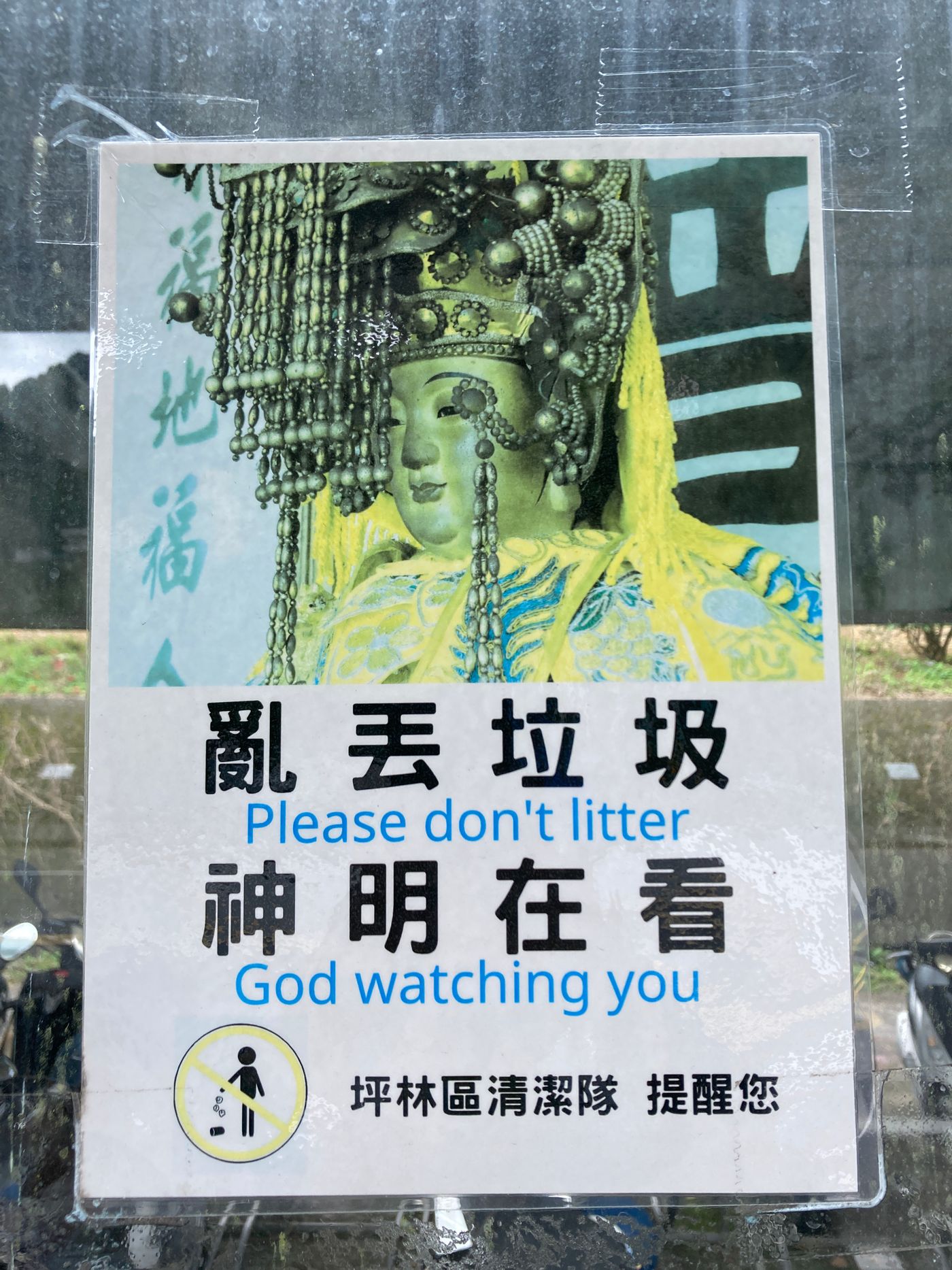The Mandarin accent in "Food and Drink", and the Taiwanese's "Modern Taiwanese Mandarin"
It's a bit incredible to say that a person who loves food so much did not finally watch Ang Lee's "Food Men and Women" until he was in his thirties.
Many people seem to be moved by the cooking scenes in "Eating and Drinking Men and Women", but what attracted me most to this film was actually the Taipei street scene and the atmosphere of the times in 1994:
There is no MRT, only the daily movement of the bus (you have to push and squeeze when you get on the bus); motorcycle riders who do not need to wear helmets (Taiwan did not legislate until 1996 that riding motorcycles must wear helmets); primary school students The bento bag in his hand; the native speaking "Zheng Yin Mandarin"; and the cutting-edge business district of Dunhua South Road in Taipei in the 1990s when Xinyi District was still deserted.
I became sensible in the early 1990s. The Taipei in "Food and Drink" is actually the first impression I have of Taipei in my life: Taipei in those days was fierce and chaotic, very different from today's Taipei, which is both gentle and cold.
Then I think, we usually marvel at the "speed of China", but in fact the changes in Taiwan's society and the urban landscape have been dramatic - especially between the 1980s and 1990s.
Just like the demise of the "authentic" Chinese chefs mentioned in "Food and Drink", in Taiwan today, it is difficult to hear the tone of Mandarin in "Diet and Men", but the things they bring are also mixed. A new whole—a new "Taiwanese cuisine" and a new "Taiwanese Mandarin accent", which are not the same as the old dishes and accents, but are based on these relics.
A while ago, I was having dinner with an American journalist born in China. She said that she was watching "Diet Men and Women" and was surprised to hear the accent of Taiwanese in the early 1990s, "That's my accent! You Taiwanese don't speak like this now. ?"

There are also some amazing aerial scenes in the film: for example, the "enlightened higher vocational school" taught by the eldest sister of the Zhu family, the rows of factories opposite the school are very conspicuous.
I searched the Internet and found that the "enlightened high-level job" in the movie is located in the new store in Taipei. Today, the school is still there and the school building has not changed. The opposite factory is actually the former Yulon Automobile New Store factory, but it has been demolished today.
In addition to HTC's corporate headquarters, the current site of the Yulon factory is now being transformed into a large-scale residential and commercial real estate project - "Xindian Yulon City", which not only reflects the "de-industrialization" of the suburbs of Taipei, It also revealed the situation that many old companies in Taiwan rely on land speculation to make profits today.
More coincidentally, the second daughter in "Food and Drink" bought a pre-sale house in the new store, but encountered the collapse of the builder. In the real world, there is a real estate development project near "Xindian Yulon City". , eight years ago, the builder closed down, making the pre-sale house into an unfinished building...
In short, looking back now, the film Ang Lee made back then was really precious (and delicious), it not only captured the last aftertaste of "the Republic of China coming to Taiwan", but also happened to be a film for Taiwan's "New Wave Film Movement". In conclusion, the "new Taiwan" that we see today is inherited.

When it comes to Taiwanese accents, maybe we can do more extensions.
Our generation of Taiwanese (30-40 years old) has a very interesting phenomenon: most of the Taiwanese of this age speak Mandarin with a very different accent from their parents (although I don’t know how academically and technically? quantify this difference).
From another point of view, it can also be said that it is difficult for our generation to distinguish "outside the province" based on the accent alone - because whether it comes from a family in the province, a family in another province, or aboriginal origin, our generation speaks The accents of Mandarin are almost the same, unlike our parents who also have accents of various ethnic groups.
Combining the above two things, I don’t know if it is possible to infer this: From the perspective of accents, our generation, perhaps the generation where various ethnic groups began to “true fusion” in culture, has also developed a new “modern Taiwan”. "Mandarin accent" (not the "Taiwanese dog ants" that Zhu Geliang said) is different from the Mandarin accents of natives, natives and aborigines in Taiwan half a century ago.
This accent has never existed in history. It is the provincial accent brought by the natives of Taiwan and the Kuomintang (the accent of aboriginal languages may play a weaker role in this process). First, after the collision in the early postwar period, and then in 1970 In the process of economic take-off and frequent urban-rural movement in the 1990s, the result is the result of continuous interaction and mixing.
Every time I watch Li Si Duan's report on the Tiananmen Square incident and watch TV news clips from Taiwan in the 1980s, I have a similar feeling: How did the Mandarin accent that Taiwanese speak today developed? It's amazing.
If we do a little more extension, the new Taiwanese Mandarin accent is gradually finalized, and the fact that it breaks with the Mandarin accents of the previous generation of "all ethnic groups in Taiwan" also reflects that "Taiwanese", as a homogeneous community, is gradually changing in history. This process of appearing on stage?
It just so happened that the "Wall Street Journal" published a report today about the revival of Taiwan's native language. At first glance, it seems a bit contradictory to the emergence of "New Taiwanese Mandarin", but when you think about it, it actually seems to be the same thing—or , Can the "New Taiwanese Mandarin" developed by Taiwanese in half a century after World War II actually be regarded as Taiwan's "native language"?
*Extended reading: "He Wanshun of National Chengchi University uses a linguistic scalpel to analyze the "Mandarin" that you and I speak every day .

Like my work? Don't forget to support and clap, let me know that you are with me on the road of creation. Keep this enthusiasm together!








